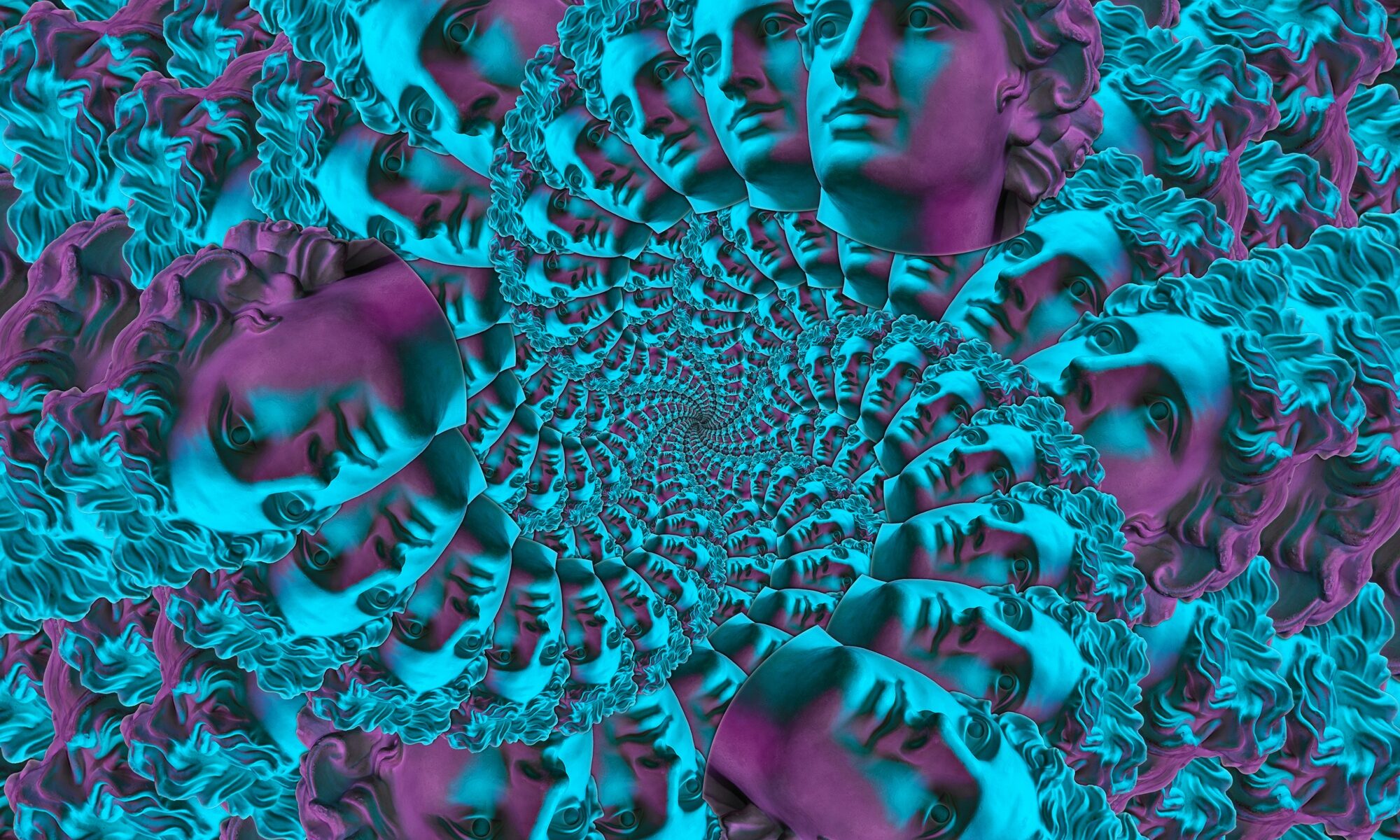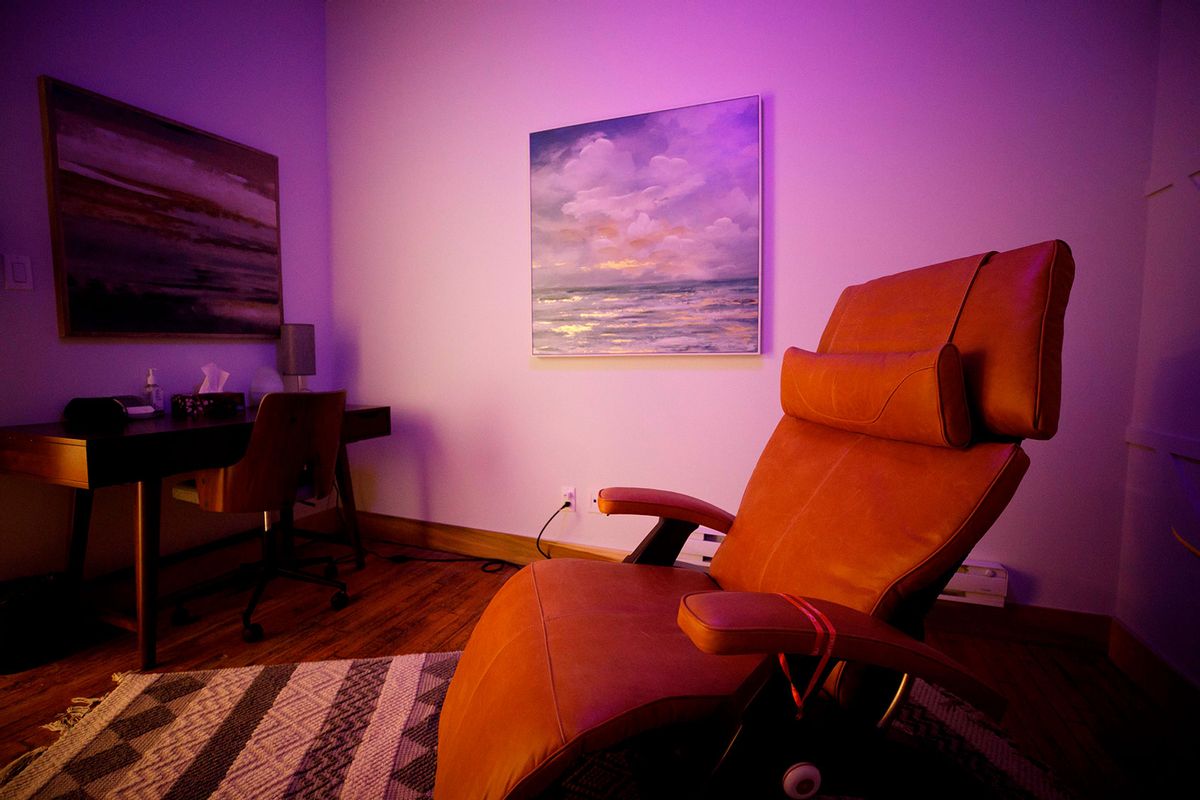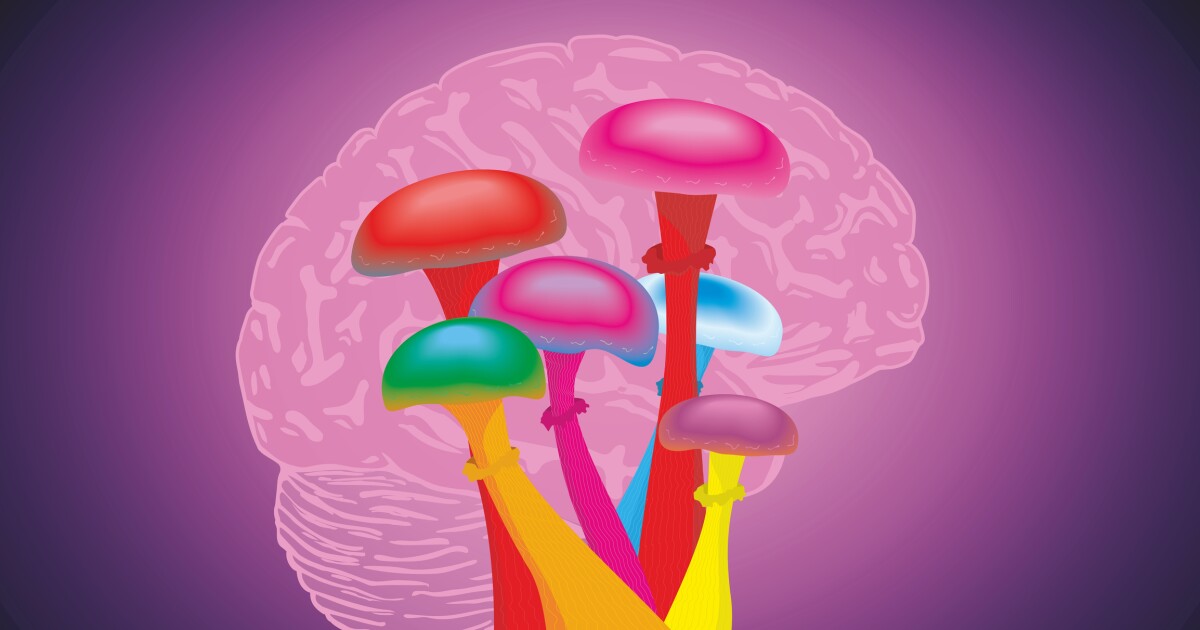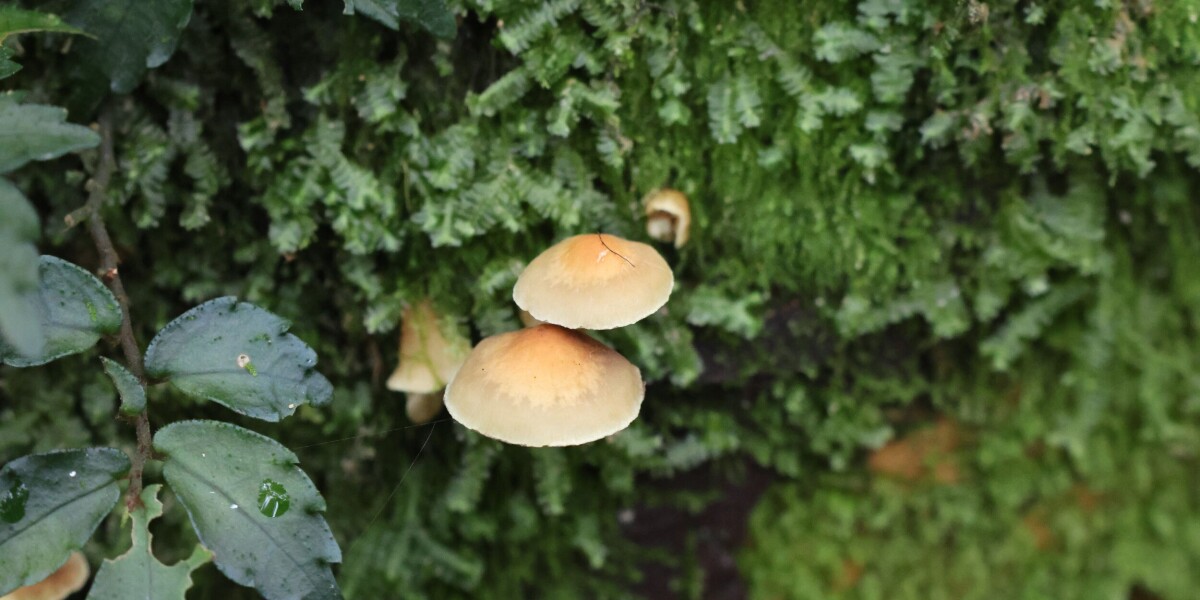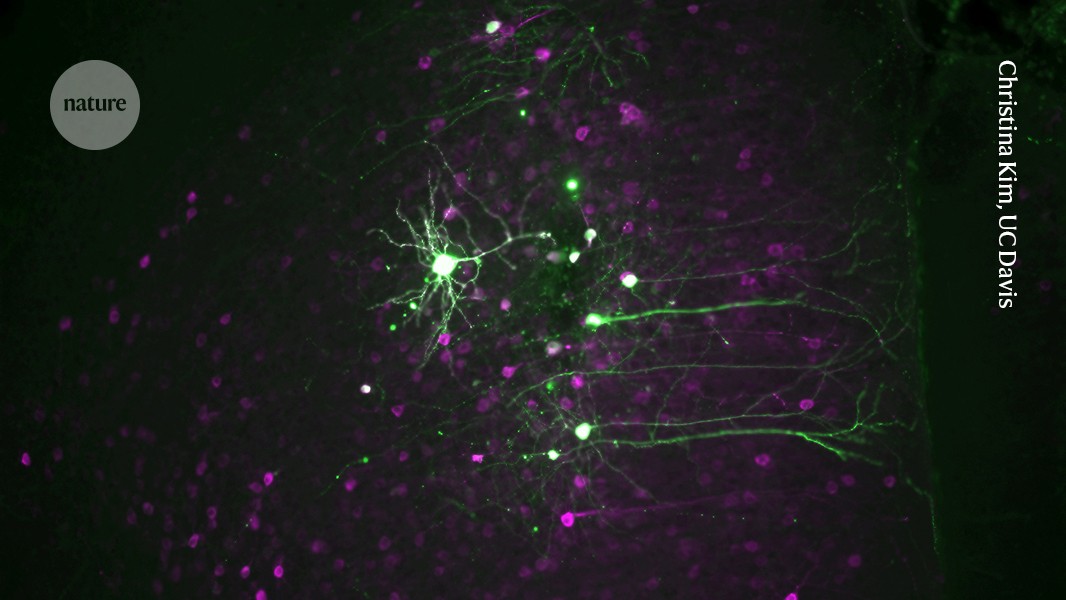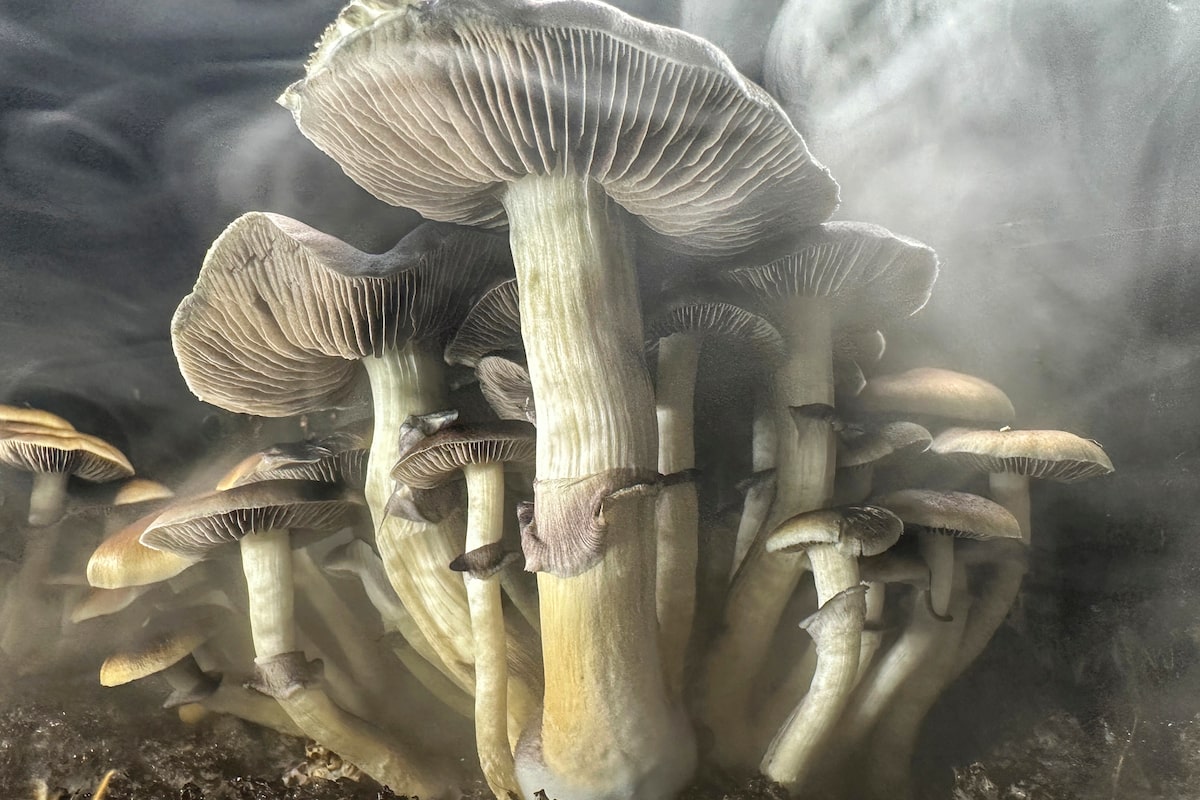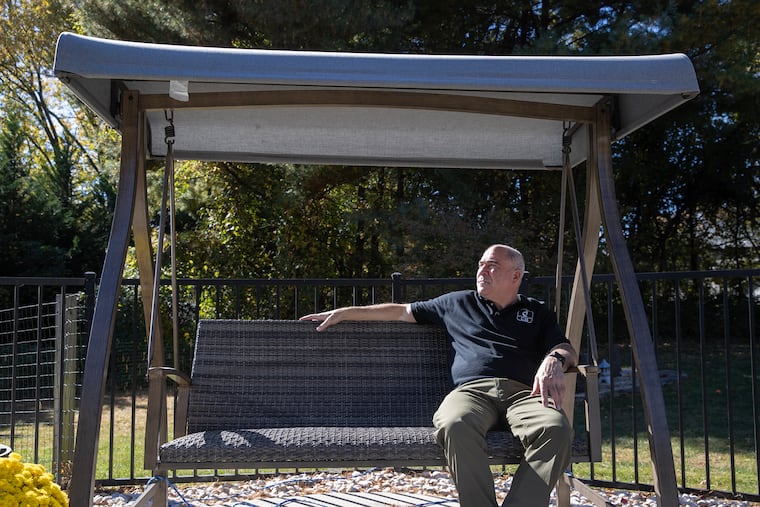Introducing the Association for Prescription Psychedelics (APP), where the prescription pad meets the psychedelic trip! APP is on a groovy mission to integrate evidence-based psychedelic medicines into the U.S. healthcare system for eligible patients. Think of them as the Woodstock of healthcare, marching with a purpose!
APP aims to be the cosmic DJ spinning the latest beats on prescription psychedelics, focusing on government research, public-private partnerships, and patient-centric treatments. They’re not just winging it; they’re guided by experts from top institutions who know how to blend science with a touch of magic.
The founding members of this psychedelic symphony include B. More Inc., Compass Pathways, Lykos Therapeutics, and MindMed. Together, they’re like the Avengers of psychedelic medicine, minus the capes but with all the superpowers needed to advance scientific research and expand patient access to effective treatments.
Curious to join the ride or learn more? Visit psychedelicsRX.org for a trip through the looking glass of modern medicine. Just remember, this is strictly a professional operation—no flower crowns or lava lamps required!
Published Date: 2024-11-20


